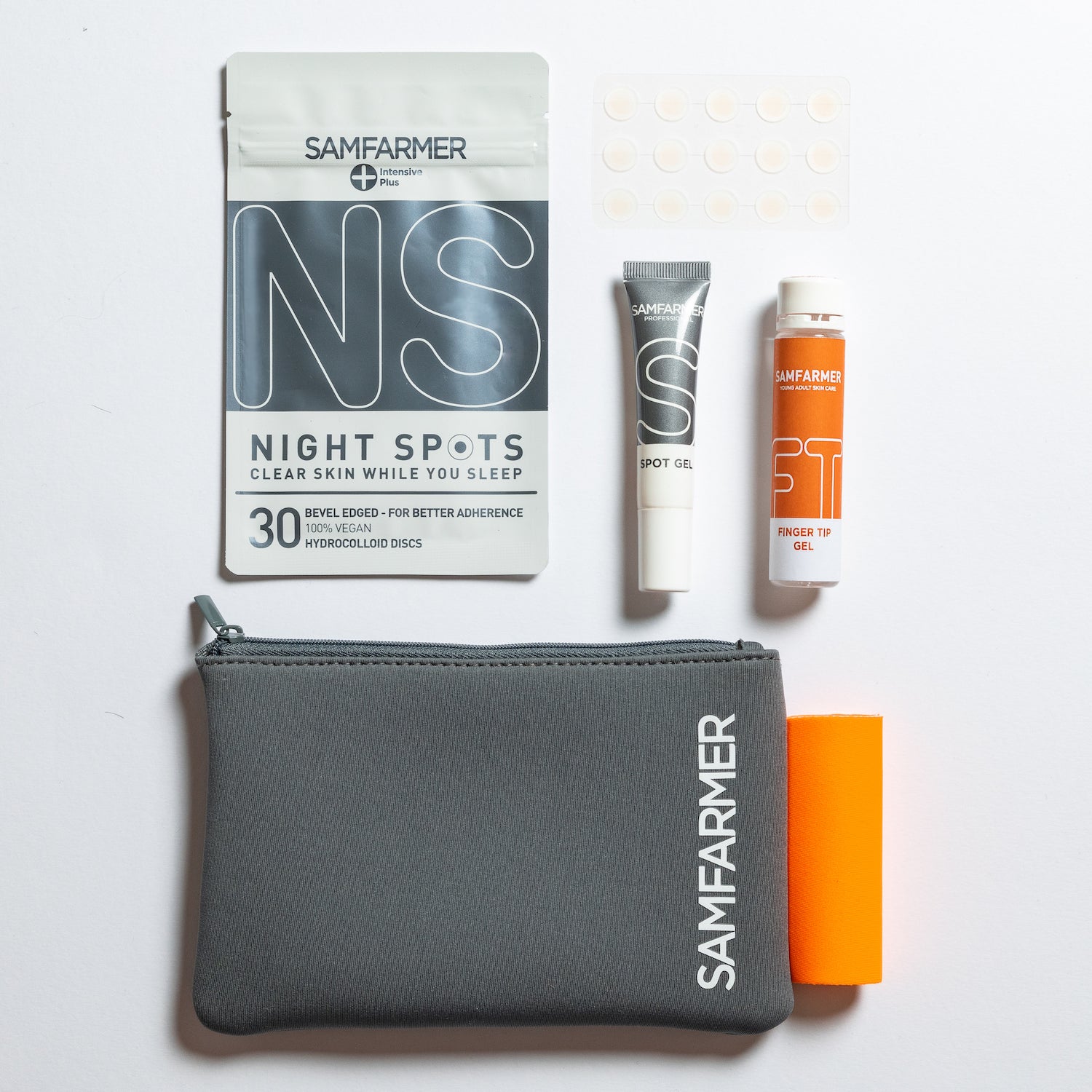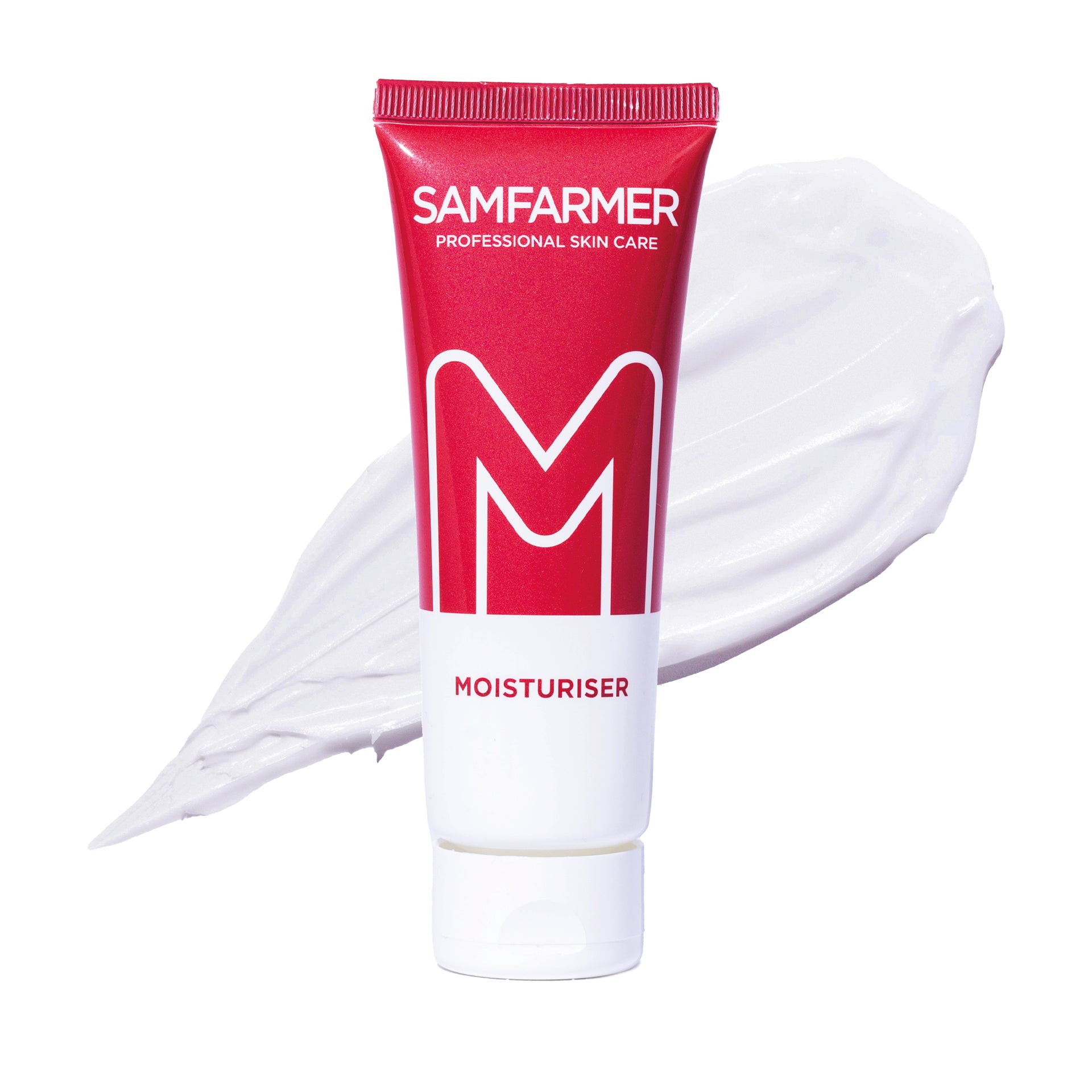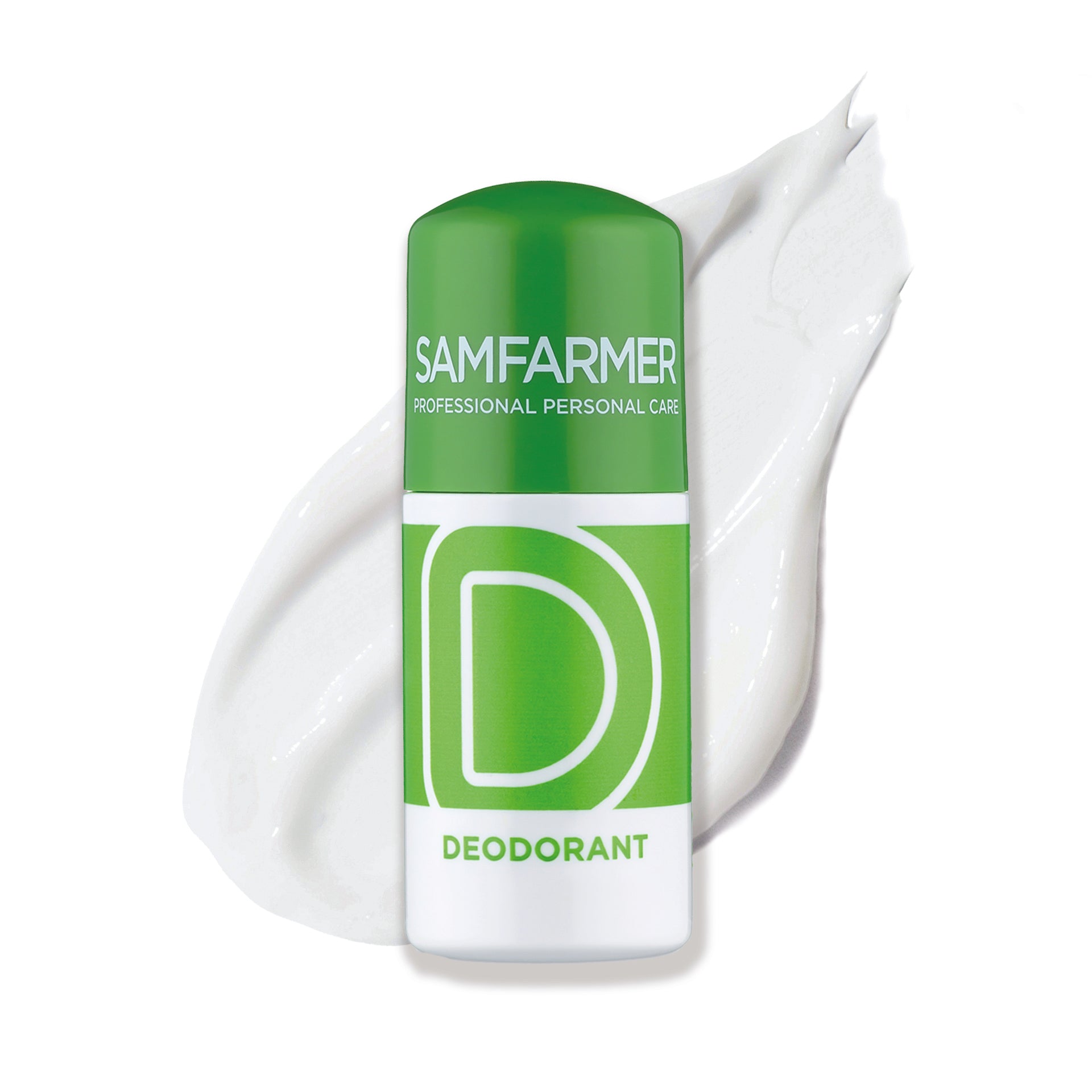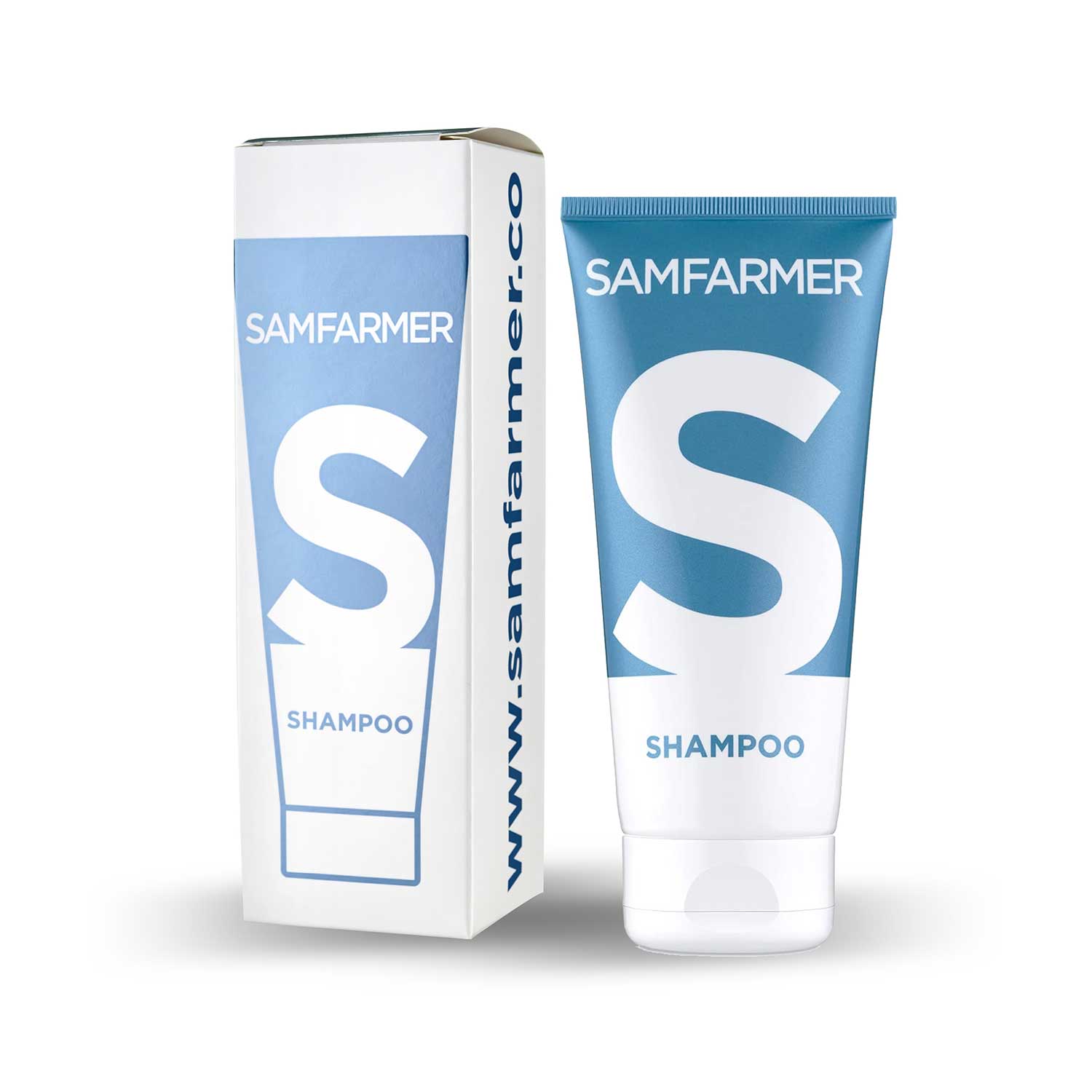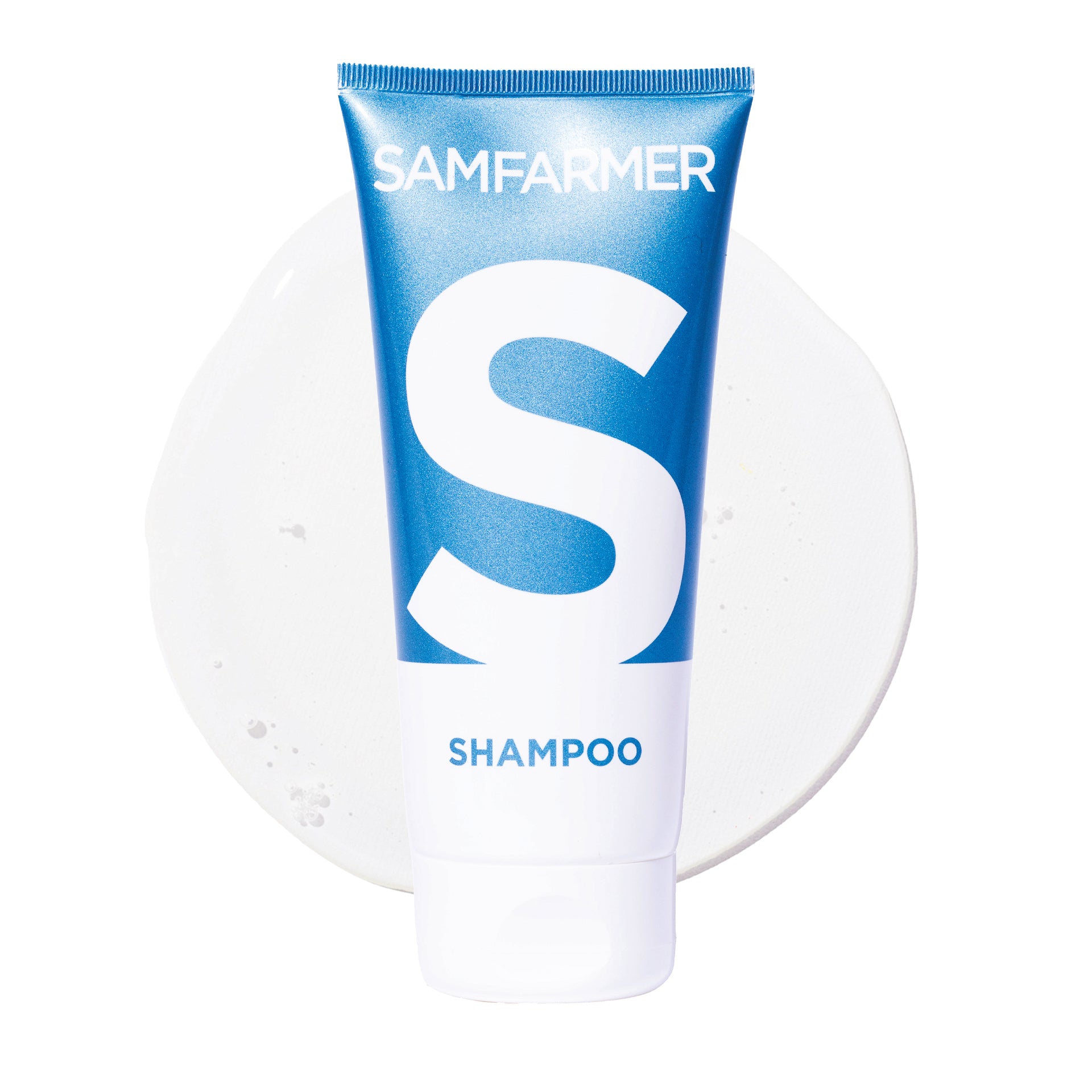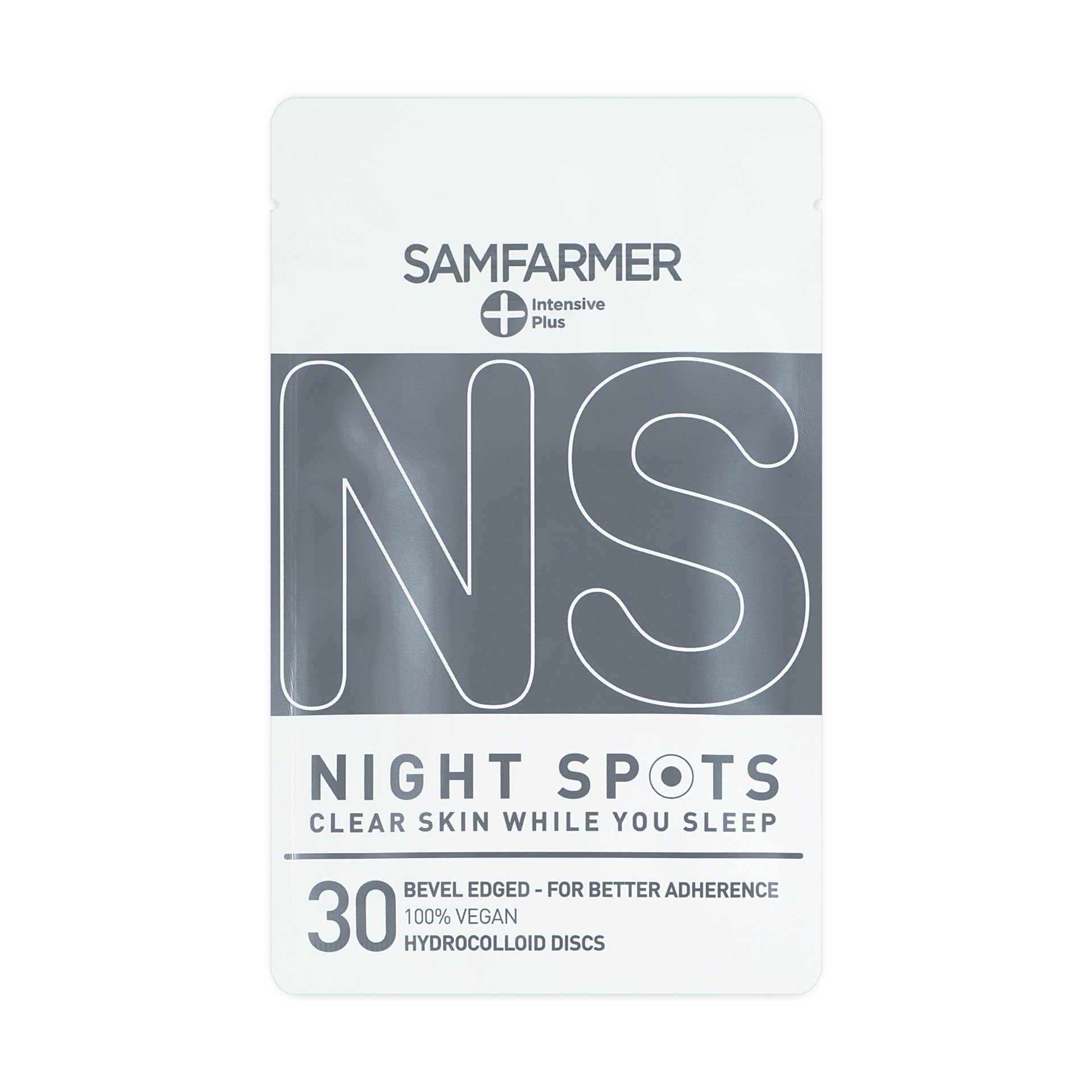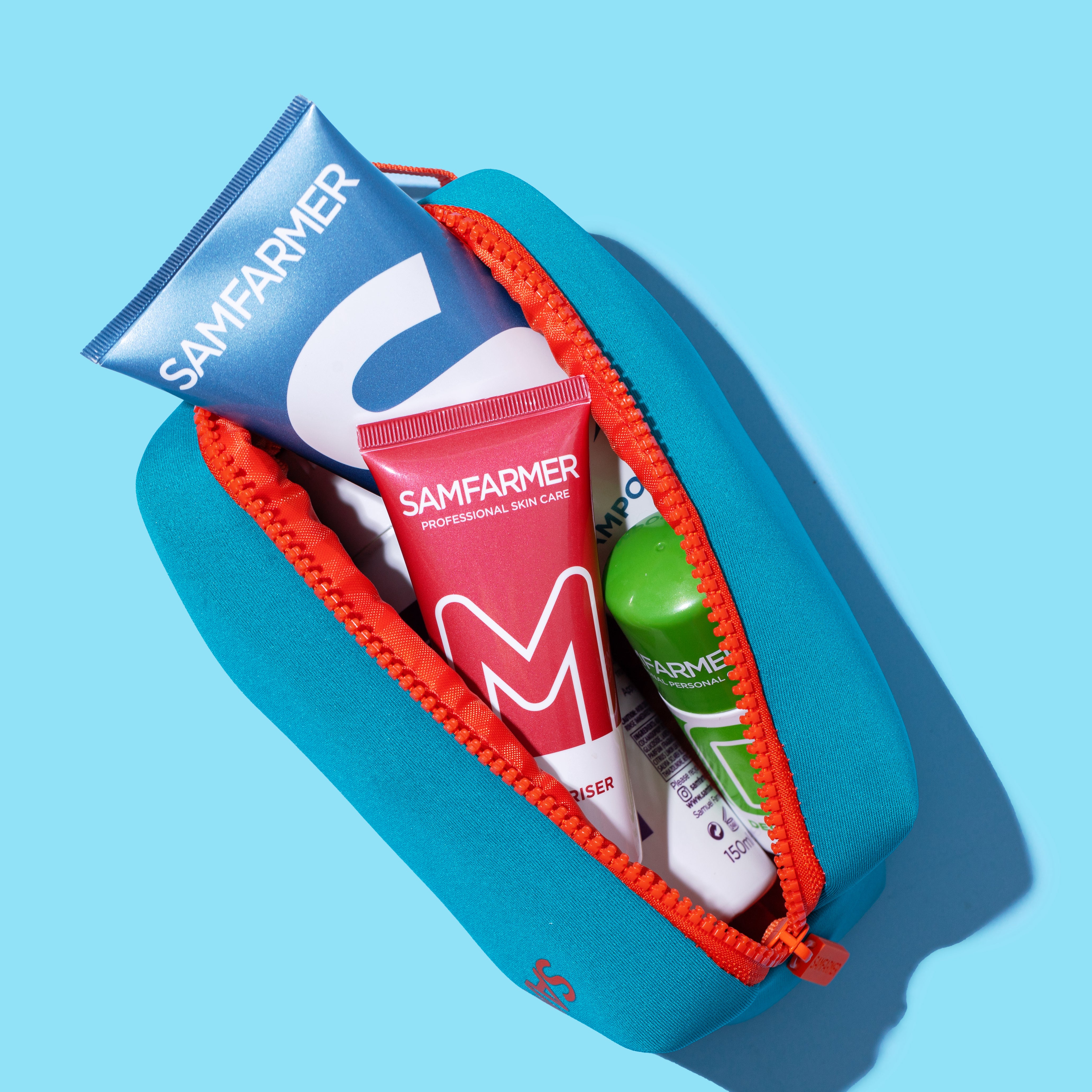
The first thing to say is you're not alone. Oily skin is common in adolescence and can often lead to various skin and hair conditions. However, with the right care and products, managing oily skin is easier than you might think. Before we start on the practical tips, it’s helpful to understand why teenagers are so susceptible to oily skin.
Why Do Teenagers Get Oily Skin?

The main culprit behind oily skin during adolescence is hormones - specifically, androgens. Androgens are hormones that increase during puberty in both boys and girls. They stimulate the oil glands in your skin, causing them to produce more oil (sebum), which makes your skin appear shiny or greasy.
This can be a bit of an inconvenience but remember, it's a normal part of growing up and usually lessens as you leave the teenage years behind you.
The Effects of Oily Skin and Scalp
Increased oil production helps protect your skin and keep it healthy but when there's too much oil, it can lead to several conditions:
- Acne: When oil combines with dead skin cells, it can clog your pores and can lead to acne although your genes also play a role in this skin condition.
- Oily hair: Your scalp may also have increased oil production, leading to oily hair and possibly dandruff.
- Enlarged pores: Overactive oil glands may make your pores appear larger.
- Blackheads and whiteheads: These are formed when sebum and skin cells block the pore. If the clog is deep and not exposed to air, it appears as a whitehead. If the clog is near the surface and exposed to air, it oxidises and appears as a blackhead.
Managing Oily Skin and Scalp: Your Action Plan

- Follow a consistent skincare routine, in other words - wash your face!: Cleanse your face at least once a day with a gentle, young adult (teenage) specific cleanser. Over-washing or using adult products can deplete your skin of natural oils causing it to produce more sebum and the vicious cycle repeats itself.
- Stay hydrated: Not with energy drinks! Drink plenty of water as hydrated skin looks and feels better.
- Exfoliate: Exfoliating once or twice a week can help remove dead skin cells that might clog your pores. However, be careful not to overdo it as this can irritate the skin.
- Use specific sebum targeted moisturisers: Contrary to popular belief, oily skin needs moisturising too! Skipping this step can signal your skin to produce more oil. Use moisturisers that hydrate your skin without adding extra oil.
- Maintain a healthy diet: Try to eat more fruits and vegetables, this advice has been the same for decades for a reason. Foods rich in omega-3 fatty acids, vitamins, and antioxidants into your diet to help regulate oil production and promote healthier skin. There is now a body of evidence indicating that diet can play a role in healthy skin.
- Shampoo regularly: If you have an oily scalp, shampooing regularly can help keep oil in check. Choose a gentle shampoo that has been formulated for teenage hair, it will allow for frequent washing and not strip the scalp and hair from all their naturally present oils.
- Consult a dermatologist: If your oily skin is causing significant discomfort or leading to severe acne, it might be time to seek professional help. A dermatologist can provide advice and provide various medicinal treatments.
Remember, everyone's skin is unique. What works for one person might not work for another. It may take some time and experimentation to figure out what works best for you, be patient with your skin and yourself.
Takeaway

While dealing with oily skin can be a bit of a challenge, understanding your skin and treating it with care can help you manage it effectively. Remember, even if it doesn't feel like it now, this phase is temporary. With time, your hormones will balance out and therefore your skin will too. In the meantime, remember, having oily skin is not a flaw, it's just a part of the teenage experience.


